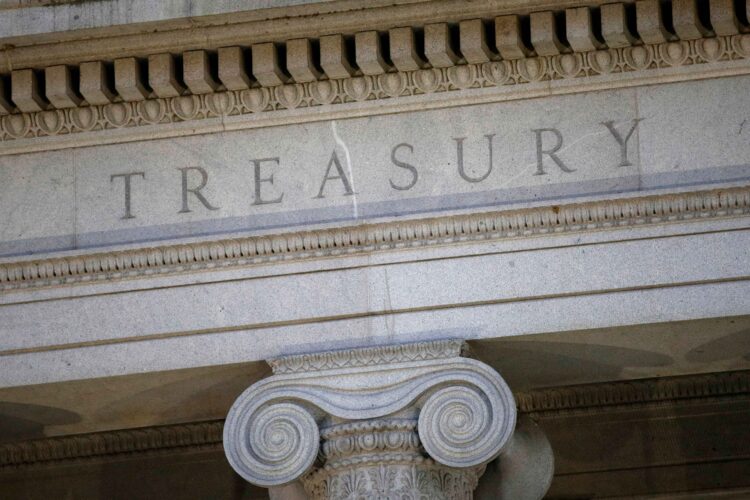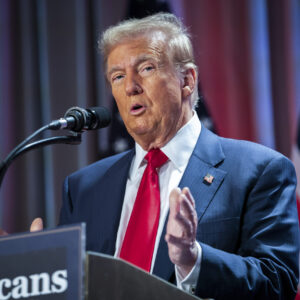The U.S. Department of the Treasury and the IRS rolled out new regulations for crypto tax reporting as part of a “broader effort” to “close the tax gap” and stop crypto tax evasion.
The proposal redefines “broker” to encompass both centralized and decentralized exchanges, crypto payment processors, and some crypto wallets. It stems from a provision buried in the $1 trillion 2021 Infrastructure Investment and Jobs Act, which established the ability for the government to demand greater insight into digital asset brokers for the purpose of taxation.
The Treasury proposed a new tax reporting form called Form 1099-DA for cryptocurrency, non-fungible tokens (NFTs) and other digital assets. The new tax form will require brokers to send out the paperwork to their investors in 2026 in order to report their 2025 crypto activity. But, the Treasury stressed that citizens are still required to self-report according to its current policy for crypto investors.
JUST IN: 🇺🇸 US Treasury and IRS propose more regulations on the sales of #Bitcoin & crypto by brokers "in an effort to crack down on tax cheats."
Stifling innovation yet again 🤡🤡🤡 pic.twitter.com/DkBqiGPQ1L
— Bitcoin Magazine (@BitcoinMagazine) August 25, 2023
The IRS has already issued summons against financial institutions, such as M.Y. Safra Bank, to hand over the transaction data of crypto brokers that use their services for not sufficiently reporting the full extent of their crypto earnings.
Learn the benefits of becoming a Valuetainment Member and subscribe today!
President of Gordon Law Group, Andrew Gordon, told CNBC to warn investors to start amending their tax returns from previous years if they have not been reporting, as the “IRS is going to have a firehose of information about transactions.”
Senators Elizabeth Warren (D-MA), Bob Casey Jr. (D-PA), Richard Blumenthal (D-CT), and Bernie Sanders (I-VT) sent a letter to the Treasury earlier in August to tell them to act swiftly in closing tax loopholes for crypto investors.


















Add comment